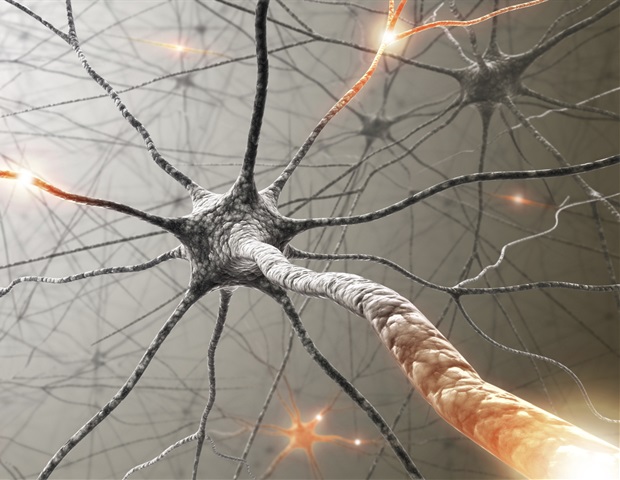
In an evolving health landscape, emerging research continues to highlight concerns that could impact everyday wellbeing. Here’s the key update you should know about:
Australian researchers have identified two nervous system components that drive tumor growth in gastrointestinal cancers, creating promising new avenues for treatment with existing approved therapies.
Our gut contains its very own nervous system and is commonly regarded as the second brain. Key players of this system are neuropeptides, the signaling factors that are produced and released by nerves. These factors relay messages throughout our nervous system by connecting to receptors on the outside of cells, influencing a variety of processes.
The team at the Olivia Newton-John Cancer Research Institute (ONJCRI) and La Trobe School of Cancer Medicine discovered that CGRP, a common neuropeptide, and its receptor RAMP1 influence tumor growth in colorectal and stomach cancers.
This is a significant breakthrough because drugs targeting CGRP and RAMP1 are already available to treat migraine. These therapies could potentially be repurposed to treat cancer, fast-tracking the path for clinical use.
Lead author of the paper published in BMJ Oncology today, Dr Pavitha Parathan, says:
“We were surprised to see not only nerve fibers containing CGRP inside the tumors and potently promoting their growth, but also the tumor cells themselves producing CGRP.
“This is very impactful because we have identified a new way that tumors can manipulate their environment to sustain their growth. The good news is that there may already be drugs available to block this and halt tumor growth.
“This is a druggable nerve–tumour pathway with existing therapies that are already well tolerated in other diseases, supporting ONJCRI’s goal of making cancer treatments not just effective, but kinder and easier on the patient.”
The researchers used advanced genetic engineering techniques to delete the RAMP1 receptor in tumour cells, which significantly reduced their growth.
Dr Lisa Mielke, paper senior author and Laboratory Head at ONJCRI (the La Trobe School of Cancer Medicine), says: “The role of the nervous system in cancer is an exciting new area of research, with high potential for novel treatment approaches.”
The next phase of our research will involve testing existing migraine therapies that inhibit CGRP to repurpose these drugs as cancer treatments.”
Dr. Lisa Mielke, Laboratory Head, School of Cancer Medicine, La Trobe University
“In the future, we hope to incorporate the existing CGRP inhibitors in clinical trials alongside conventional colorectal cancer therapies.”
Globally, gastrointestinal cancers are responsible for 1 in 4 cancer cases (4.8 million) and 1 in 3 cancer deaths (3.4 million).

